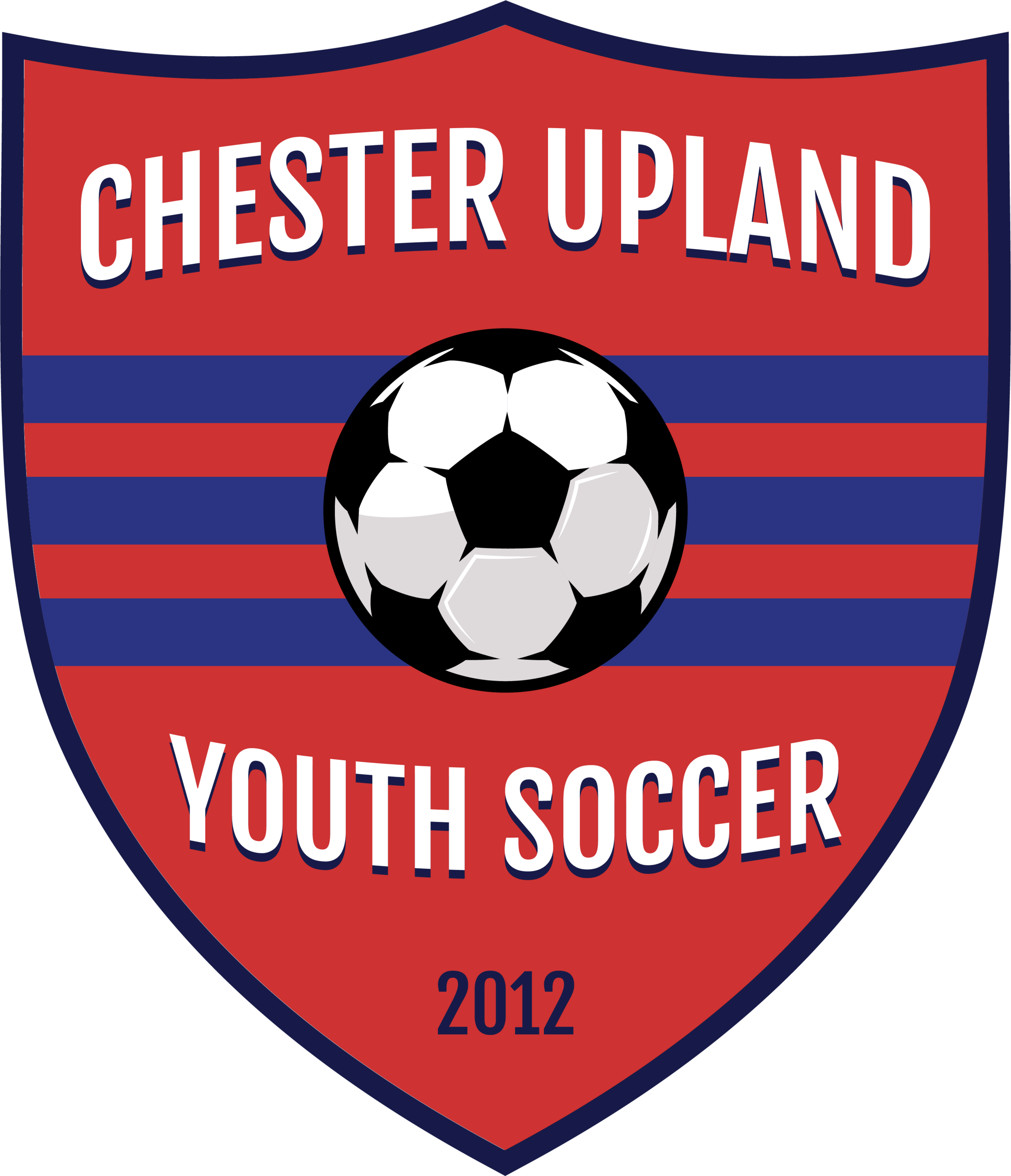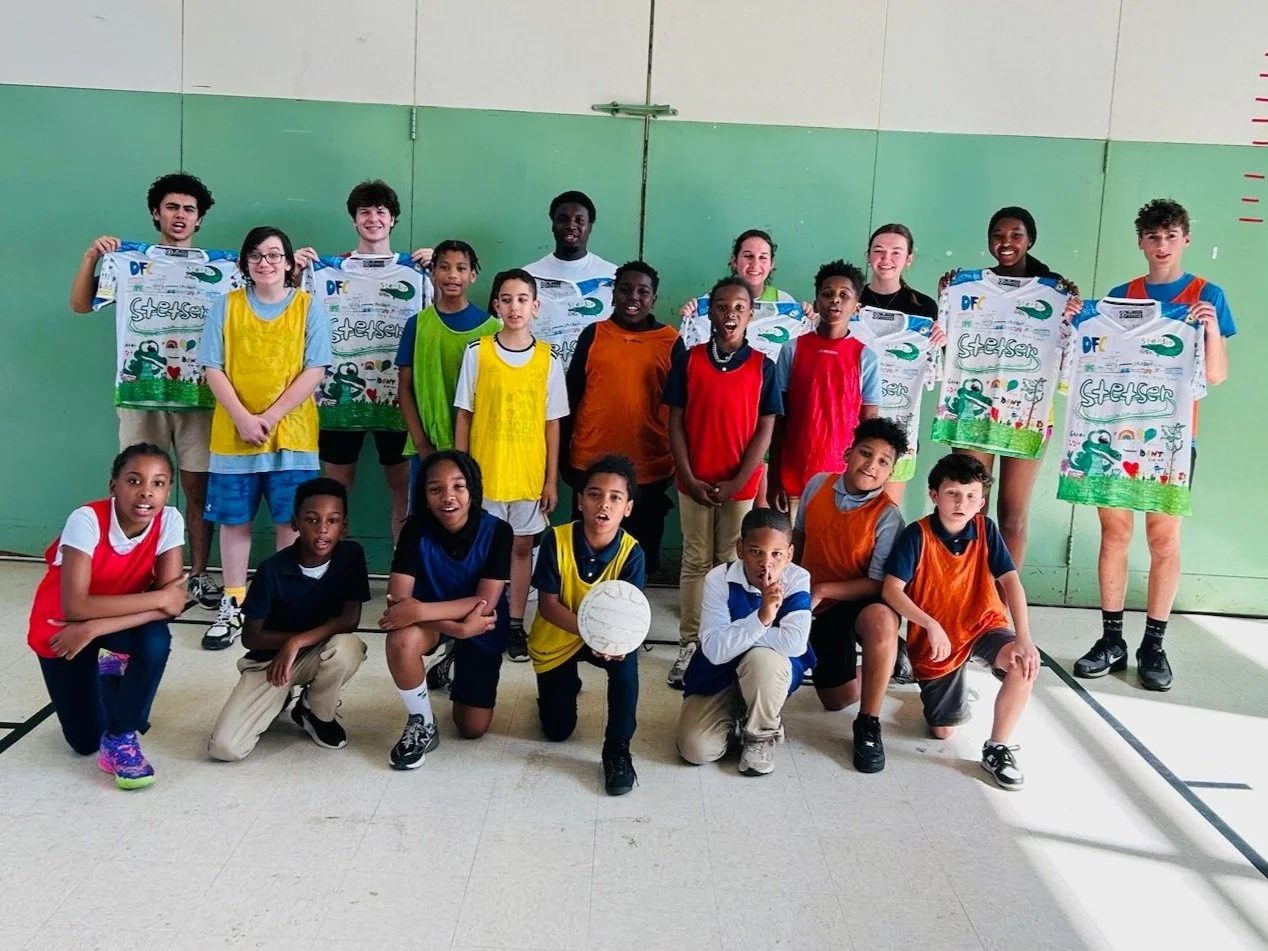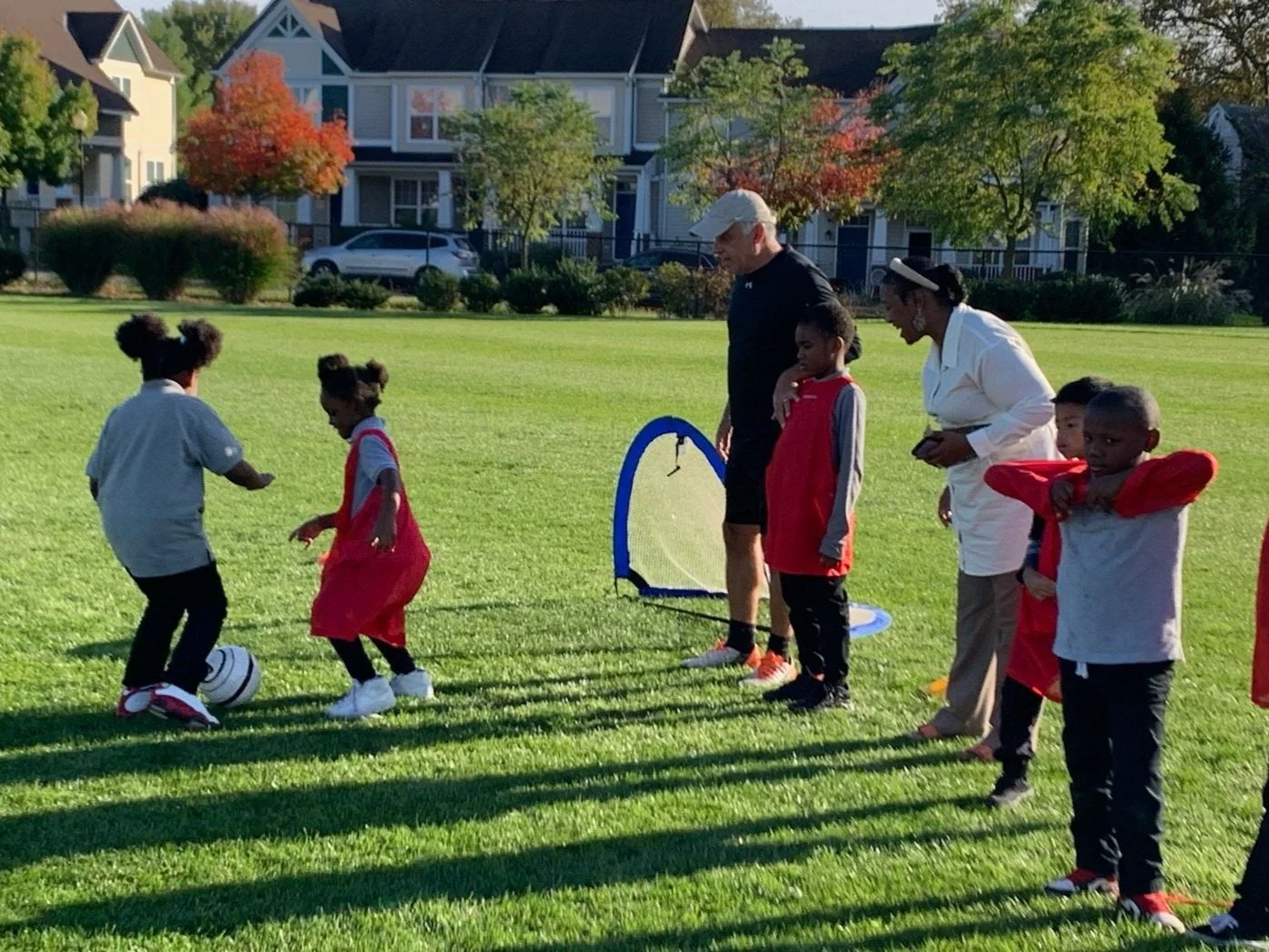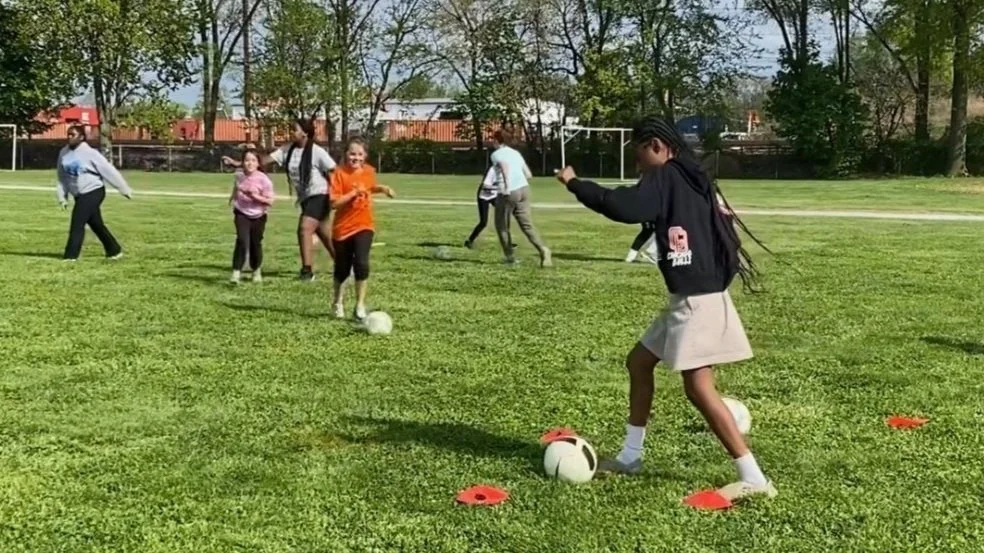Program Overview
Chester, PA is a city of approximately 34,000 residents, 34.6% of whom are living below the federal poverty line. Health disparities are pronounced in Chester where the rates of obesity and diabetes are substantially higher than those in the rest of Delaware County, PA. The 2018 crime rate in Chester, PA was 2.3 times greater than the U.S. average and higher than in 98% of U.S. cities.
In 2012, thanks to the vision and the stewardship of then Head Men’s Soccer Coach and current CUYS CEO Brent Jacquette, Widener University received grant funding from the US Soccer Foundation and the Social Innovation Fund to launch Soccer for Success (described below) in the Chester and Upland communities.
To ensure the long-term sustainability of Soccer for Success in Chester-Upland and to build upon the momentum of the program, Chester Upland Youth Soccer became a full 501(c)(3) non-profit in the summer of 2017. CUYS earned a Guidestar Seal of Transparency in 2020.
Since its inception, the program has engaged over 30% of Chester’s 5- to 18-year-old population.
Chester Upland Youth Soccer now serves approximately 500 children each year, providing after-school soccer training, mentorship nutrition education, and social-emotional learning opportunities as well as family engagement activities and other special events.
If you are interested in joining our team of Coach-Mentors, occasionally volunteering, or otherwise getting involved, please complete our form or contact jeannine@chesteruplandyouthsoccer.org.
Coach-Mentors are given the opportunity to not only coach the kids in soccer, but also act as a mentor for the kids, and watch the kids grow as people and players. We asked some of our recent Coach-Mentors to reflect on their experiences.
Coach Carlos reported, "It was great bonding with the kids and knowing that I impacted them in a positive way!"
Coach Freeman said, "I loved being there with them and for them as a big brother."
Coach Fiona remembered, "I love how the coaches and the kids build a relationship. It was cool being able to see the kids grow, and to see how competitive and fun the kids are. They showed up every day ready to play!!"
SPRING 2024 SOCCER FOR SUCCESS SEASON DEMOGRAPHICS:
95 percent of the children we served indicated they qualify for free or reduced school lunch.
37 percent are female; 51 percent are male.
31 percent are in kindergarten through second grade; 64 percent are in third through fifth grade; 5 percent are in sixth through eighth grade.
73 percent identify as African American; 7 percent identify as Caucasian; 6 percent identify as Hispanic/Latino; 1 percent identify as Asian; 1 percent identify as Native American; 8 percent identify as Other/Multi-Ethnic; 4 percent did not share their ethnicity.
95 percent agreed: "After participating in Soccer for Success, I feel better about myself,"
99 percent agreed: "After participating in Soccer for Success, I enjoy working with my teammates more."
81 percent agreed "After participating in Soccer for Success, I make healthier choices when deciding what to eat or drink."
90 percent agreed: "After participating in Soccer for Success, I enjoy the idea of physical activity more than I did prior."
92 percent agreed: "After participating in Soccer for Success, I try harder in school."
Soccer for Success
Our program utilizes the U.S. Soccer Foundation's Soccer for Success curriculum, which has five core components:
Physical Activity – The program provides children with the opportunity to learn the sport of soccer in a supportive environment, while also getting the recommended 60 minutes of moderate-to-vigorous physical activity during each session.
Health & Wellness - Participants learn about eating right and other ways to stay healthy and active through an integrated curriculum that is fun and engaging.
Community Engagement - The program connects families to resources and provides them with information to help them live healthy lifestyles and nurture their child’s personal growth.
Mentorship – Staff are trained as coach-mentors who not only teach children soccer, but also serve as role models by helping participants build confidence and recognize the value of hard work, teamwork, and persistence in achieving personal goals.
Safe Spaces - The program provides spaces that are physically and emotionally safe for students.




